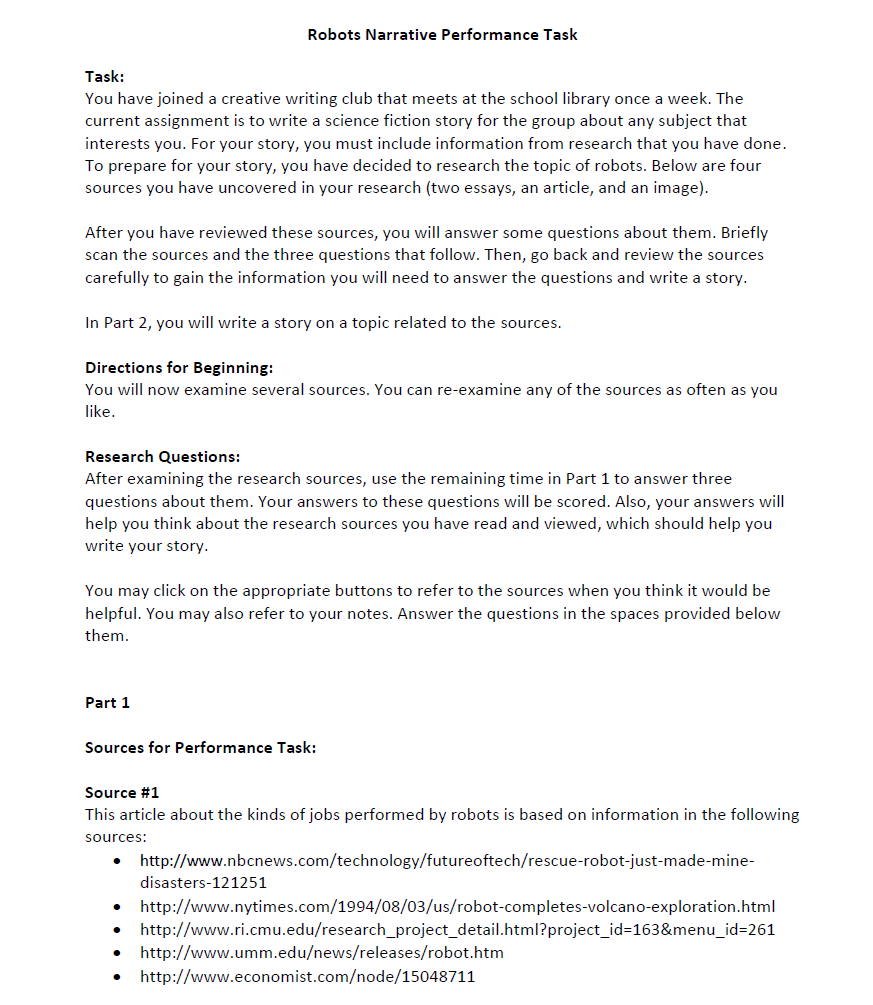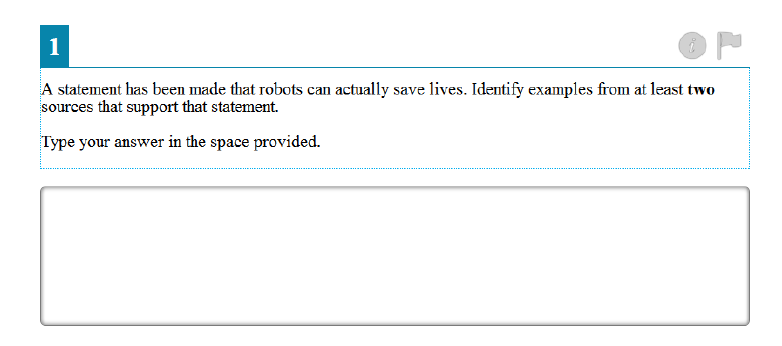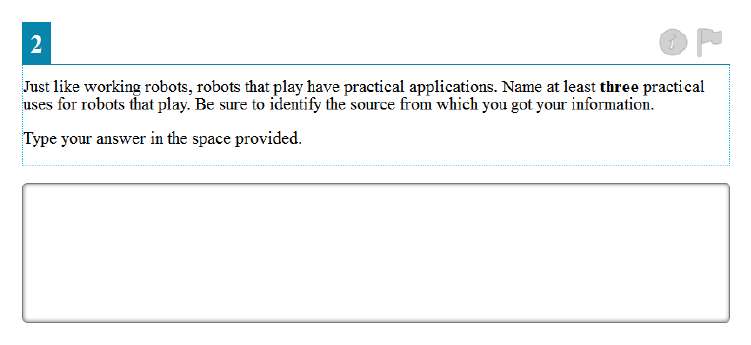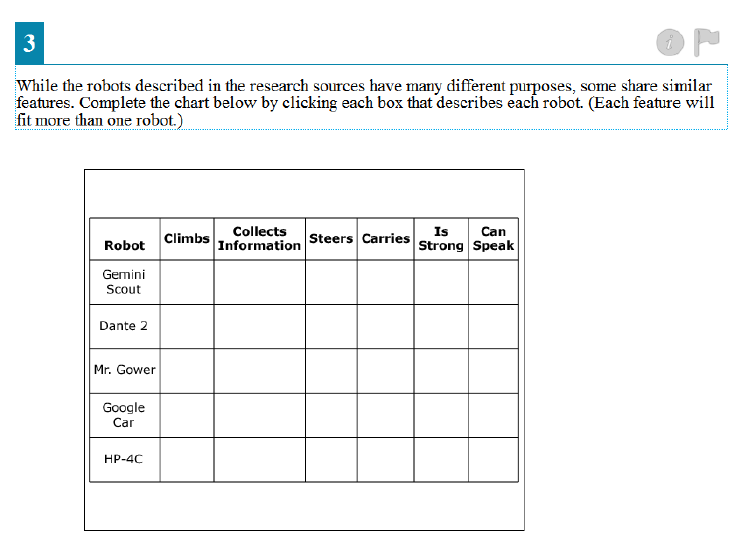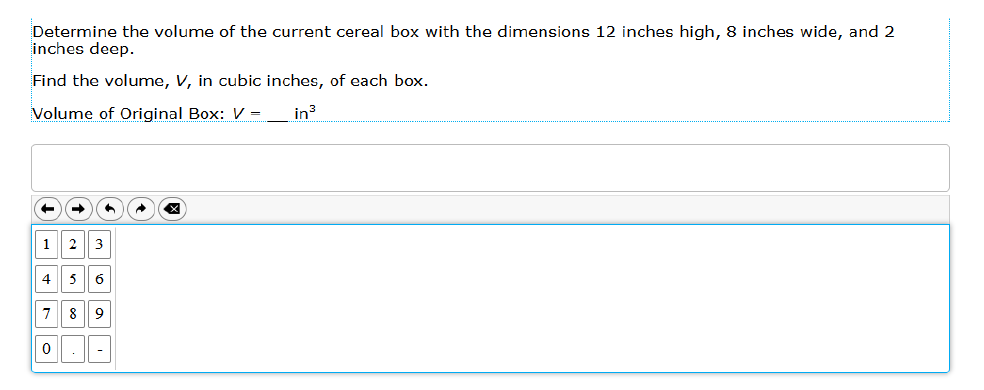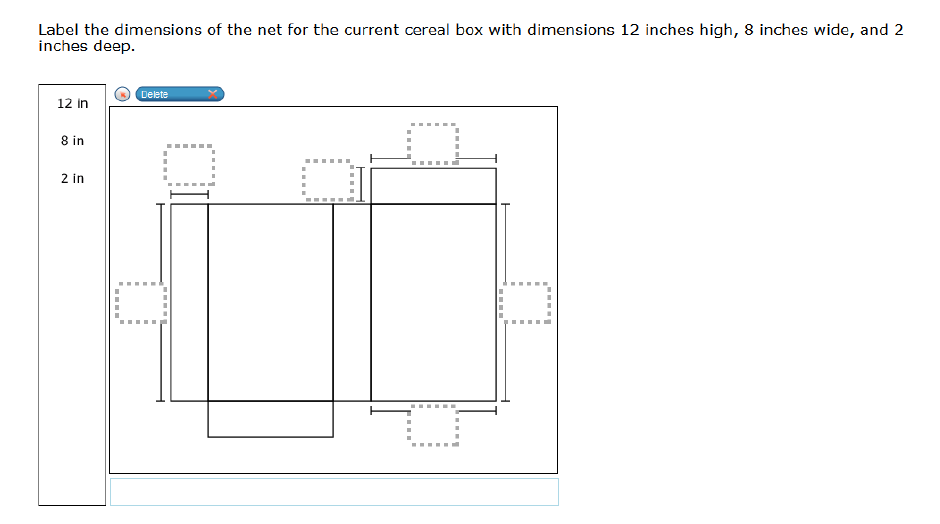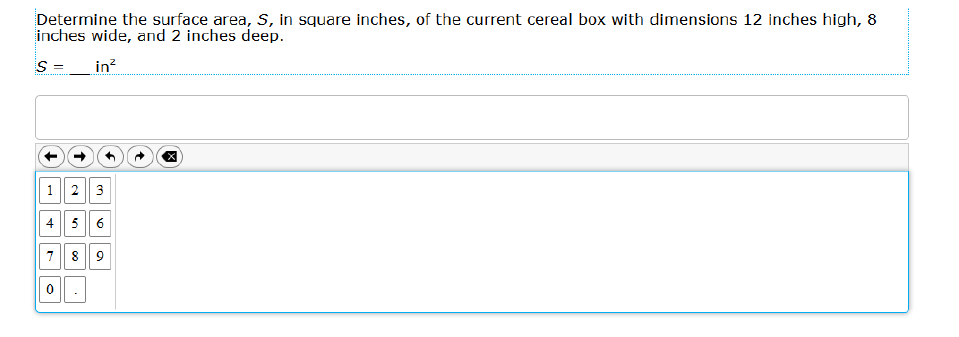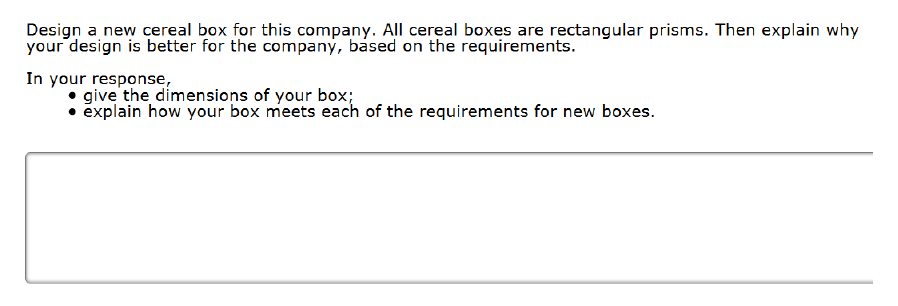Pencils and Scantrons are a thing of the past! No more rote memorization and long hours spent cramming for the test! Common Core assessments are computer-based adaptive tests that require students to use critical thinking skills to answer a variety of questions from the simple (read: traditional) to the complex (read: these are intense!).
One new type of question that students face is a culmination of the skills and concepts learned throughout the year. This question – referred to as a Performance Task – requires students to answer multiple questions on the path to creating or designing a final product (i.e., an essay, a new design for existing product, etc.).
What are Performance Tasks?
Performance Tasks measure students’ progress toward college and career readiness through the students’ capacity to integrate information and skills across multiple standards. Performance Tasks assess the students’ depth of knowledge, research skills, and their ability to provide a complex analysis. Smarter Balanced explains that these skills cannot be assessed using selected- or constructed-response items or questions. The Performance Tasks allow for multiple points of view and interpretations of a topic. Performance tasks include real-world problems that are relevant to students.
With each Performance Task, students are given instructions on what to include in their responses, and the stimulus is provided in a variety of formats like readings, video clips, and data. Tasks are scored automatically or hand-scored by professionally trained readers and mathematicians. All Performance Tasks have a time limit and are administered in a classroom with a computer during the final 12 weeks of the school year. Note: Schools that don’t have access to computers may request a waiver.
How are Performance Tasks designed?
English Language Arts Performance Tasks
English Language Arts is generally assessed with scenario-based tasks around a single theme or real-world problem. Students are given a task and the instructions for the task. The ELA Performance Tasks typically consist of two parts.
Part 1
The first part requires the students to read and review multiple sources about a topic and then respond to questions about the sources. Information can be presented to students in a variety of ways including reading passages, video or audio clips, images, or topics that require research or investigation from the material provided. The materials include a wide range of informational pieces involving science, history, or social studies content. This is the research portion of the task and should help the students prepare for their task in part 2.
In other words, all the information from the sources and responses to each question from the 6th grade Performance Task on robots below will help the student construct a multi-paragraph narrative about a robot that suddenly comes to life.
Part 2:
The second part expects the students to use the sources and questions to write a narrative, informational piece, or argumentative essay on a topic related to the sources. In this section, students must plan, write, and revise their articles. The scoring for the essay is included in the instructions for part 2. Students will use word processors and spell check to complete the task. A writing rubric for the different types of writing is available at The Smarter Balanced Consortium website.
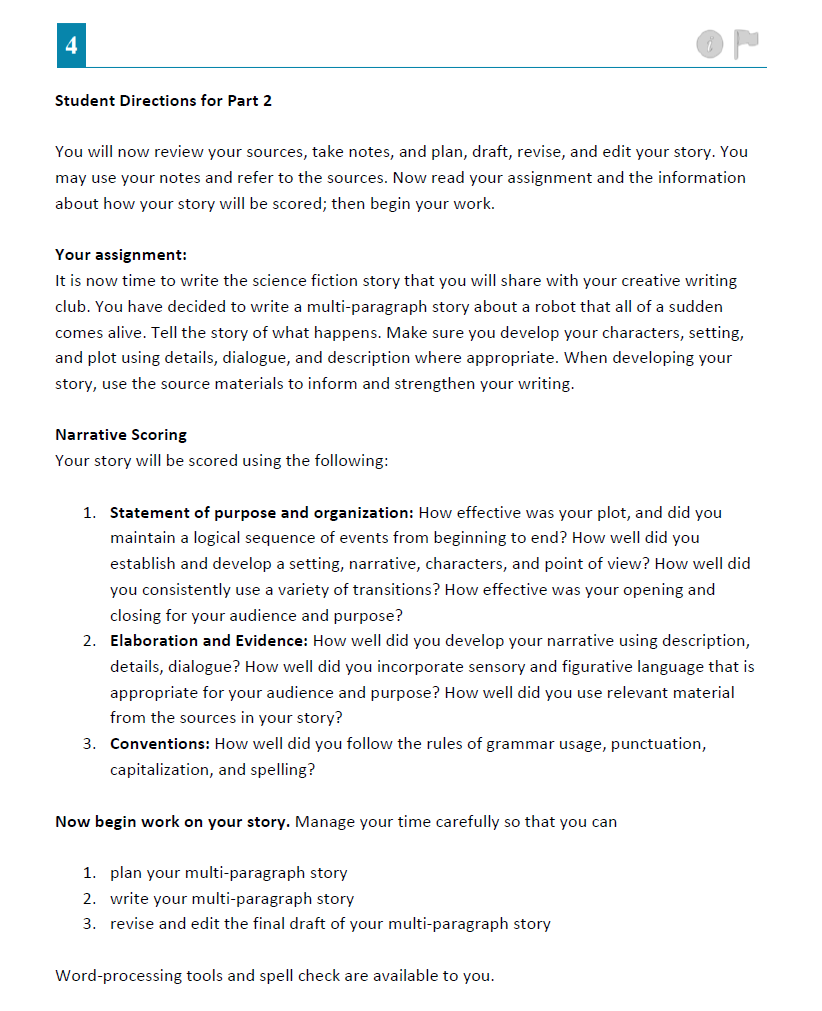
Mathematics Performance Tasks
Mathematics is generally assessed with students answering several related questions based on real-life scenarios. Each question in the performance task progresses in skill, so the student can provide a more complex analysis of the problem. In addition, the questions rely on the previous answers in order to move forward. The problems in mathematics also allow for multiple approaches to solve the problems. Mathematics performance tasks can be accessed using desktops or tablets and are not graded on spelling or grammar.
For example, in the 6th grade Performance Task below, students are expected to find the volume and surface area of a rectangular prism using formulas and then apply those formulas to construct their own cereal box using specific requirements listed in the task.
How to teach Performance Tasks
Performance tasks are centered on a theme (i.e. going to the zoo, interesting jobs), but individual skills and concepts necessary to solve this complex problem must be first taught in isolation in order to progress to a complex analysis. A sequence of lessons, starting with initial conceptual understanding and simple skills, serves as a foundation for more advanced thinking for the Performance Tasks. According to Dr. Richard Clark, a professor of educational psychology and director of the Center for Cognitive Technology at U.S.C., when students do not have access to initial teaching of the skills and concepts, they
will search blindly for solutions and struggle with assignments and assessments. Therefore, instruction needs to start with grade-level concepts and skills, and then advance to a culmination of what the students should be able to do by the end of the year.
After initial instruction, students need hands-on practice with ALL question types in order to be assessment ready. Students can work in groups on these tasks, but ultimately the assessment is individual accountability.
In math, for example, students need to be explicitly taught concepts, skills, and algorithms first – before moving to complex real-world application problems. For example, students need to understand what a proportion is before solving real-life percent problems that require proportional relationships.
For English Language Arts, it is recommended to start with close analysis of shorter passages before moving on to longer passages. Writing needs to be taught piece-by-piece (introduction, supporting evidence, transition words, and so forth). Students need to be exposed to different types of questions that address the same skill and concept.
For example, when assessing theme, the following types of questions could be used: identify theme, provide evidence that supports a given theme, or determine multiple themes from literature.
Citations
Smarter Balanced Practice Tests


